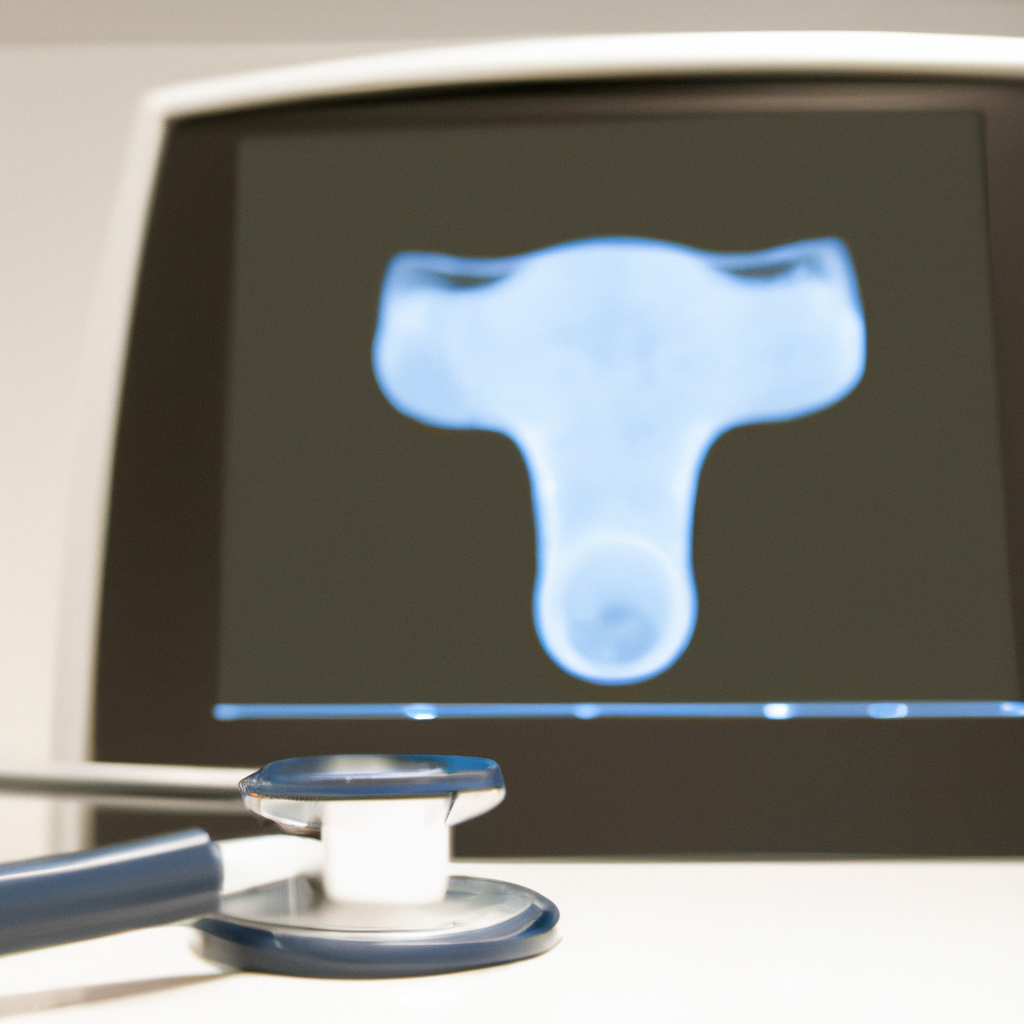A healthcare technology company has claimed that its software can detect the extent of prostate cancer more accurately than human doctors.
Avenda Health recently published a study revealing that its Unfold AI software was able to identify prostate cancer with an accuracy rate of 84.7%. This study involved ten doctors who evaluated 50 different cases, and their manual detection accuracy ranged from 67.2% to 75.9%.
Conducted in collaboration with UCLA Health and featured in the Journal of Urology, the study highlighted that utilizing AI for cancer contouring increased predictions of tumor size by 45 times, achieving greater accuracy and consistency compared to traditional methods.
Shyam Natarajan, assistant adjunct professor of urology, surgery, and bioengineering at UCLA and the senior author of the study, noted that AI assistance improved both the accuracy and agreement among doctors.
Dr. Wayne Brisbane, an assistant professor of urology at the David Geffen School of Medicine at UCLA, pointed out that while doctors commonly rely on MRIs for tumor evaluation, some tumors can be “MRI-invisible.” He emphasized that AI could bridge this gap, enhancing cancer treatment effectiveness and tailoring therapies to the needs of individual patients.
Avenda Health’s CEO, Dr. Natarajan, expressed that having their innovation validated through studies and endorsed by the American Medical Association is empowering for clinicians.
According to the American Cancer Society, approximately 1 in 8 men in the United States will be diagnosed with prostate cancer in their lifetime, and 1 in 44 will succumb to the disease. It is projected that there will be 299,010 new prostate cancer cases in the U.S. this year, with an estimated 35,250 deaths resulting from the illness.
